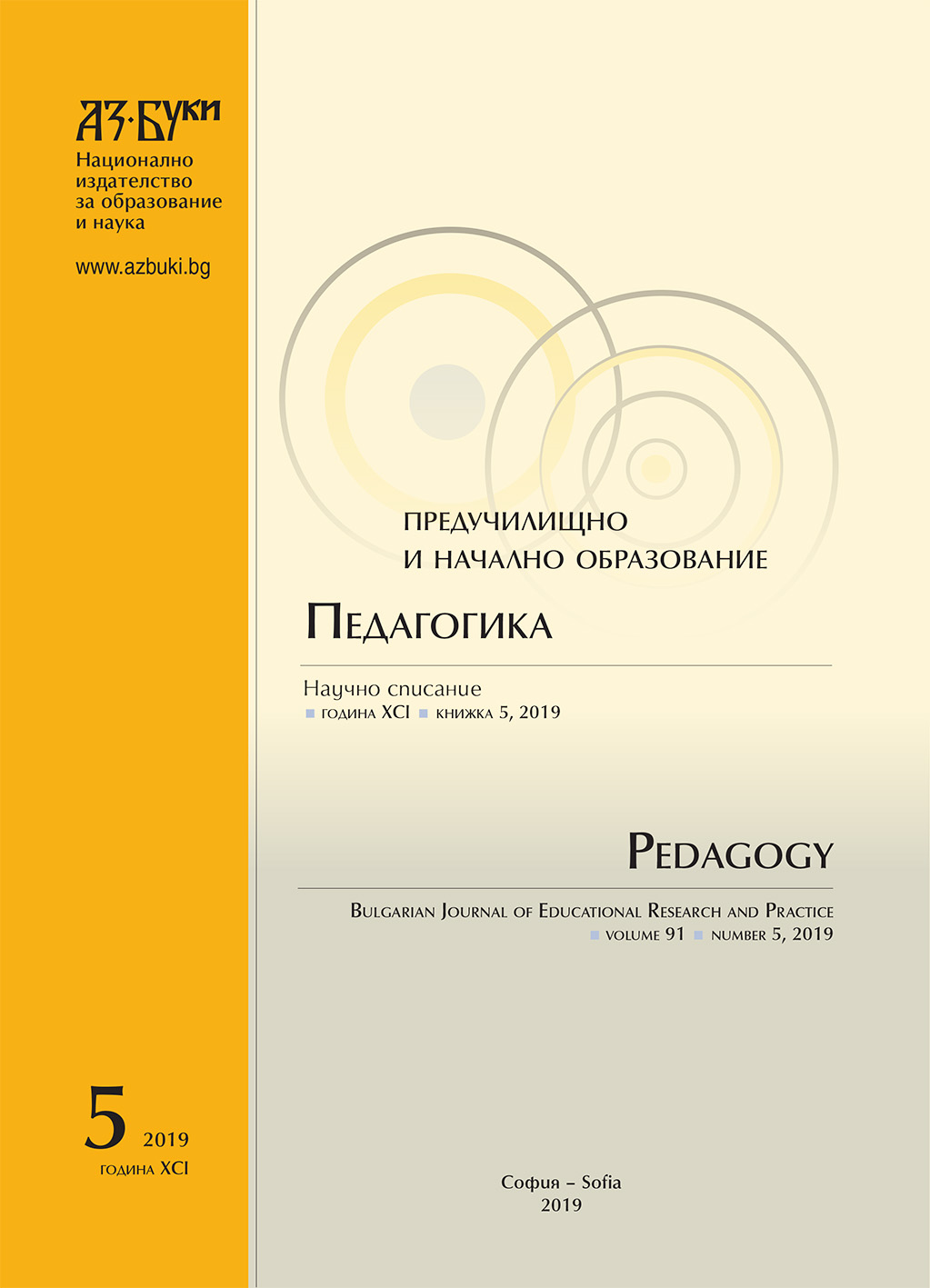Когнитивният стил на учене при овладяване на геометричното учебно съдържание по математика във II клас
Cognitive Style of Studying of the Geometry Section of the Education in Mathematics for 2nd Grade
Author(s): Maria TemnikovaSubject(s): Social Sciences, Language and Literature Studies, Education, Sociology, School education, Vocational Education, Adult Education, Higher Education , Social development, Family and social welfare, Philology, Inclusive Education / Inclusion
Published by: Национално издателство за образование и наука „Аз-буки“
Keywords: problem-productive strategy; mathematical text task; modelling; models; mathematical competency
Summary/Abstract: The increase of the efficiency of the education in mathematics in Grades 1. – 4. in respect of geometry tasks solving is related not only to the choice of strategies, technologies and methods of work by the teacher but also with the students’ style of studying in the process of acquiring the abstract educational content. The aim of the research work was to develop and study methodology system of work for application of different types of cognitive styles of studying which will facilitate the students to develop skills for solving geometry tasks as part of the education in mathematics for Grade 2. The study presented some theoretical concepts related to the cognitive style of studying, to the problem productive strategy of education and to the problem-solving process. Also, there is description of the combined strategies, technologies, approaches and methods of work that have been applied. The developed methodology system of work is applied during the mandatory mathematics classes in Grade 2. It includes series of geometry tasks through which the author creates mathematical situation for use of different styles of studying by the students. Additionally, certain specifics of the tasks are emphasized. The article presents some specifics of the methodology options of work with different geometry tasks for development of every one of the four styles of studying (according to Goob) and namely: divergent style (concrete experience, reflexive observation), convergent style (abstract conceptualization, active observation), assimilative style (abstract conceptualization, reflexive observation), accommodative style (concrete experience, active experimenting) by the students over the course of the educational process.
Journal: Педагогика
- Issue Year: 91/2019
- Issue No: 5
- Page Range: 667-678
- Page Count: 10
- Language: Bulgarian
- Content File-PDF

